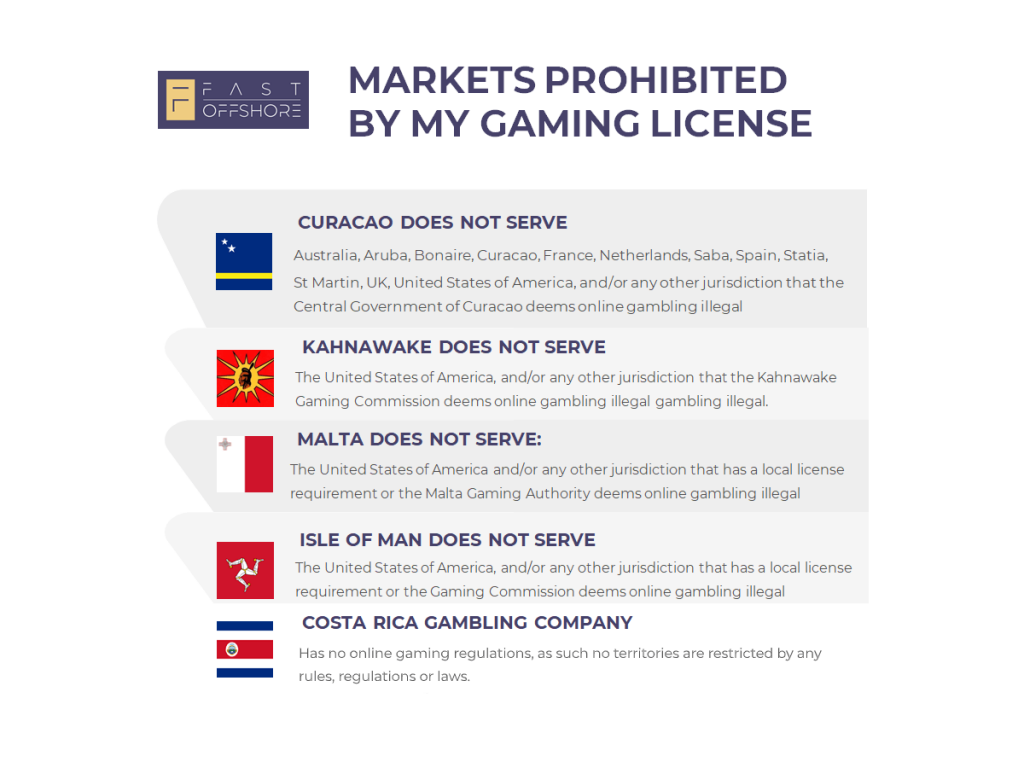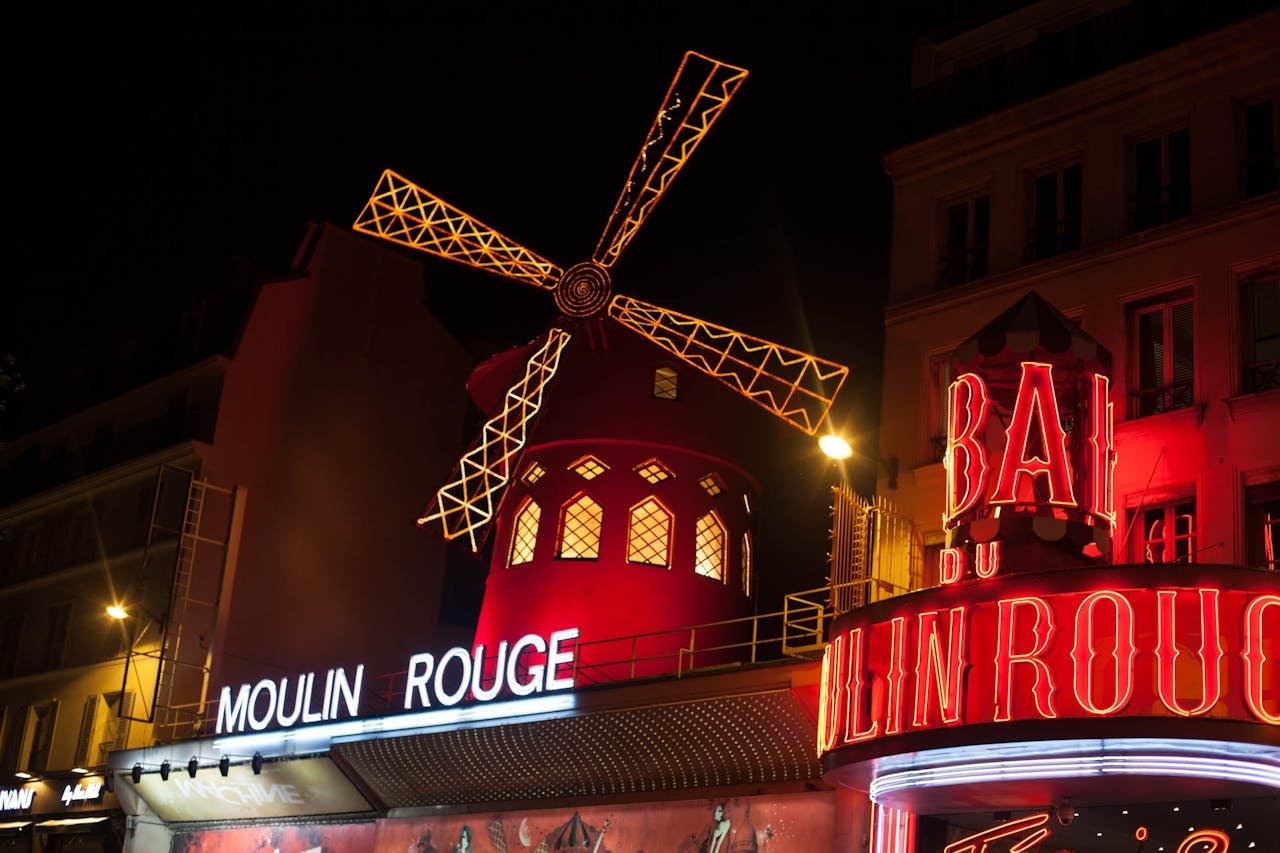Why So Many iGaming Companies are Located in Malta?
Many iGaming companies are located in Malta due to favorable regulations and attractive tax benefits. Malta’s strategic location also

Many iGaming companies are located in Malta due to favorable regulations and attractive tax benefits. Malta’s strategic location also plays a key role.
Malta has become a hub for iGaming companies, thanks to its business-friendly environment. The Malta Gaming Authority provides clear, efficient regulations, making it easier for companies to operate. Additionally, the country offers competitive tax rates, which attract many businesses. Malta’s location in the European Union ensures access to a large market.
The island’s robust IT infrastructure supports the industry’s technical needs. Skilled multilingual workforce is another significant advantage. These factors combined make Malta an ideal base for iGaming companies looking for growth and stability.
Historical Background
Malta is a hub for iGaming companies. This is due to its unique history. Let’s explore the historical background that made Malta a prime location for the iGaming industry.
Early Developments
In the early 2000s, Malta saw a rise in iGaming. The government noticed this trend. They decided to regulate online gaming. They wanted to attract more businesses to Malta. This led to the creation of the Lotteries and Gaming Authority (LGA) in 2001. The LGA’s role was to oversee and regulate the gaming industry.
The LGA made Malta the first EU state to regulate online gaming. This was a key step. It made Malta a safe place for iGaming companies. The country offered a stable regulatory environment. This attracted many companies to set up their operations here.
Key Milestones
The Gaming Act of 2004 was another important milestone. It provided clear rules for iGaming companies. This act covered licensing, game fairness, and player protection. It made Malta even more attractive to iGaming businesses.
In 2015, the LGA was rebranded to the Malta Gaming Authority (MGA). This change aimed to modernize the regulatory framework. The MGA introduced new laws to address technological advancements. They also focused on anti-money laundering measures.
Malta joined the European Union in 2004. This was a major milestone. It provided iGaming companies access to the European market. This allowed them to operate across EU countries with ease.
| Year | Event |
|---|---|
| 2001 | Creation of the Lotteries and Gaming Authority |
| 2004 | Malta joins the European Union |
| 2004 | Introduction of the Gaming Act |
| 2015 | LGA rebranded to Malta Gaming Authority |
These key milestones shaped Malta’s iGaming landscape. They made it a top destination for iGaming companies. Malta’s proactive approach and regulatory framework continue to attract businesses. This historical background is crucial for understanding Malta’s success in iGaming.
Regulatory Framework
Malta is a hub for many iGaming companies. The island nation offers a robust regulatory framework. This framework ensures a safe and fair gaming environment. It attracts numerous iGaming businesses. The key components include the licensing process and compliance requirements.
Licensing Process
The licensing process in Malta is straightforward. The Malta Gaming Authority (MGA) oversees it. Companies must submit a detailed application. This includes business plans, financial information, and technical setups. The MGA reviews these documents thoroughly.
The MGA aims for transparency and fairness. The process usually takes a few months. Once approved, companies receive a license. This license allows them to operate legally. It also boosts their credibility in the market.
Compliance Requirements
Compliance is crucial for iGaming companies in Malta. The MGA sets strict guidelines. Companies must adhere to these rules. They include measures against money laundering and fraud. Data protection is also vital. Companies must ensure player data is secure.
Regular audits are part of compliance. The MGA conducts these audits. They check if companies follow the rules. Non-compliance can lead to penalties or license revocation.
Key Compliance Requirements:
- Anti-Money Laundering (AML) measures
- Data Protection and Security
- Fair Gaming Practices
- Regular Audits
Tax Benefits
Many iGaming companies choose Malta for its tax benefits. Malta offers various tax incentives that attract businesses. These benefits include low corporate tax rates and special incentives for startups.
Corporate Tax Rates
Malta has a low corporate tax rate of 35%. However, companies can claim tax refunds, reducing the effective tax rate to 5%. This low rate makes Malta very attractive for iGaming businesses.
| Country | Effective Corporate Tax Rate |
|---|---|
| Malta | 5% |
| Germany | 30% |
| France | 28% |
Incentives For Startups
Malta also offers special incentives for startups. New businesses can benefit from various tax credits and grants. These incentives help reduce initial costs, making it easier to start a business.
- Tax Credits
- Grants
- Reduced Licensing Fees
These benefits make Malta a hub for iGaming startups. They attract many new companies to the island every year.
Strategic Location
The strategic location of Malta plays a crucial role in its popularity among iGaming companies. This tiny Mediterranean island offers unique geographical benefits and superior connectivity. These advantages make it an ideal hub for the iGaming industry.
Geographical Advantages
Malta’s location in the Mediterranean Sea offers several geographical advantages. Its central position allows easy access to European, African, and Middle Eastern markets.
Many iGaming companies choose Malta because of its pleasant climate. The island enjoys over 300 days of sunshine each year. This makes it an attractive place for employees to live and work.
The country’s small size means short travel times. Everything is close by, from offices to entertainment venues.
Connectivity
Malta boasts excellent connectivity. The island is well-linked by air and sea. Malta International Airport connects the island to major European cities.
High-speed internet is available across the island. This is crucial for iGaming companies that rely on real-time data and constant communication.
Malta also has a robust telecommunications infrastructure. This includes reliable mobile networks and advanced IT services.
The island’s connectivity extends beyond physical and digital. Malta is also a member of the European Union. This opens doors to the European single market.
Skilled Workforce
Malta is a hub for iGaming companies. One key reason is the skilled workforce. This small island nation boasts a wealth of educated and trained professionals in the industry.
Education And Training
The Maltese education system is strong. It provides high-quality training relevant to iGaming. Institutions offer specialized courses. These courses cover game development, programming, and customer support.
Universities also collaborate with iGaming companies. This ensures that the curriculum meets industry needs. Students get hands-on experience through internships and projects.
Talent Pool
Malta attracts talent from all over the world. The island’s reputation in iGaming draws skilled workers. This creates a diverse and vibrant talent pool.
Companies benefit from this diversity. They gain access to a wide range of skills and perspectives. This helps drive innovation and growth.
Additionally, Malta’s location in Europe makes it easy to attract talent. Professionals from across the EU can easily relocate. They are drawn by Malta’s sunny climate and strong job market.

Frequently Asked Questions
Why Are Gambling Sites Based In Malta?
Gambling sites are based in Malta due to favorable regulations, low taxes, and a strong licensing system. Malta offers a reputable and secure environment for online gaming businesses. The country also provides access to the European market, making it an attractive location for operators.
Why Are There So Many Companies In Malta?
Malta attracts many companies due to its favorable tax regime, strategic location, and strong regulatory framework. The country offers business-friendly policies and a skilled workforce. Malta’s EU membership provides access to European markets, making it an attractive base for international companies.
How Many Gaming Companies Are In Malta?
Malta hosts around 300 gaming companies. The country is a hub for the gaming industry, attracting numerous businesses.
How Many Gambling Companies Are There In Malta?
Malta hosts over 300 gambling companies. These companies are attracted by Malta’s favorable regulations and tax benefits.
Conclusion
Malta’s favorable regulations and tax benefits attract many iGaming companies. Its strategic location and skilled workforce further enhance its appeal. The island’s robust infrastructure supports growth and innovation in the iGaming sector. As a result, Malta remains a top choice for iGaming businesses seeking a competitive edge.














